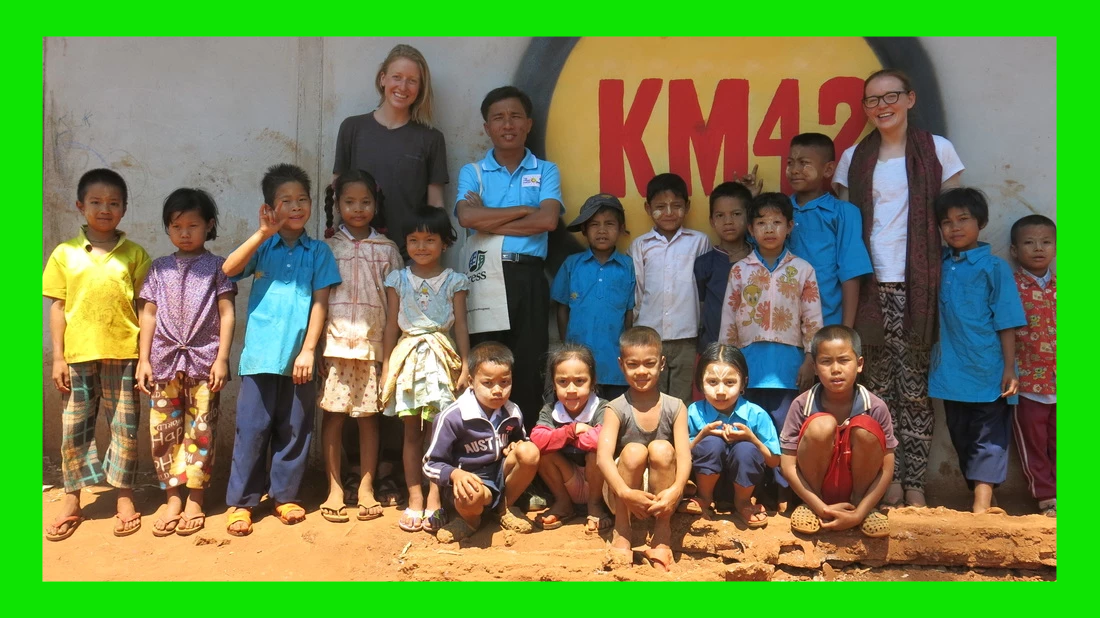It's been quite a year. Not only personally, but globally. Not only artistically, but socially. Whilst the political system tore itself apart and the darker sides of humanity exposed themselves (an unfortunate turn of phrase for 2017), I have been unavoidably distracted by many opportunities to purely learn and make music. My time with the SSO came to an end after over two years of life-changing connections and the next chapter began seamlessly. Throughout 2018/9 I will work as a student and assistant to Hungarian living-legend Péter Eötvös (Sydney-siders might remember his work performed by the SSO in November). I will also attend the Tanglewood Music Festival for the very first time, following in the steps of one of my heroes, Leonard Bernstein. My personal ambitions and interests in music evolved and transformed through time spent with the remarkable Richard Gill, and my own projects in London continue to reinvent themselves as we seek financial allies with whom to realise new ideas. The discovery of both Spira Mirabilis and MusicAeterna informed and inspired me by demonstrating and championing methods and philosophies I have long been considering. They demonstrated the benefits of prolonged and engaged rehearsal and revelled in the excitement of engaging with and educating audiences in new and challenging ways.
Over the past 28 months I spent roughly half my time in Sydney and half in London. No matter where I was, I woke up every day to a partner who demonstrates the very power that has been transforming the world, and my world: the power to do tangible good through creative thinking. Her charitable organisation, Play for Progress (please hyperlink http://www.playforprogress.com/), working with unaccompanied minor refugees in London through the medium of music, inspires me. My infrequent opportunities to engage directly with PfP has left me revitalised and determined to find ways not to treat the news of the world as a distraction, but rather an opportunity to use my talents and interests—and those of the amazing artists and thinkers around me—to change that news, to try to create some better headlines.
It’s important for me to say, for the sake of clarity, that both my partner and myself are performers first and foremost. Our ambitions, passions and loves centre on music and its performance and exploration. However we also share a belief in its potential to do more than entertain, more than exercise either the emotions or cognitive functions. We also believe that within everyone is the potential to do more, and to demand more from those in positions of privilege. We also expect more from those willing to learn: children and adults have an extraordinary capacity for learning—for curiosity, for creativity, for correction and reflection—, and without exception for wonder. Provided half a chance, young people especially will rise to a challenge that appears beyond them. And even if they don’t quite reach a point of understanding (whatever that means) they will learn from the effort, the tacks they employed and the journey they have taken.
In 2017 I was fortunate enough to work with Sinfonieorchester Basel on a long-running and ever-developing project that integrates young children from schools in economically-challenged suburbs of Basel into the performing arts. Many of these kids are also refugees or the offspring of those who were, who demonstrate on a daily basis the immense ever-remarkable and criminally underestimated ability of children to learn and absorb. Whilst struggling with a new culture, climate and surroundings, they are coming to grips with at least two new languages: German and music. More than 50 of these young children were sitting before me, flanked by professional players from the city’s leading symphonic ensemble. This stands as an exemplar of a sincere attempt by an organisation to do the right thing with the tools at their disposal. The professional players became mentors, and each showed enthusiasm for and belief in the initiative. Most importantly, the organisation and those responsible for guiding its interests demonstrated an indifference to current pedagogical thinking by creating a space in which learning and curiosity took the lead. Only in small pockets of the globe will such projects take place in a city’s premier performance space, be open to the general public, contain unabridged musical content (in this case, mostly Handel) in a resolute refusal to stoop even an inch and be presented by the children themselves in such a way as to use the students to educate the public.
We can all take a leaf from the book of these people: both the children and the people willing to work with them. We should, moving forward, challenge ourselves again to view art as a means for change. These moments challenge both ourselves and our society, time for reflecting on that which goes on around us. That our surroundings are increasingly uncomfortable cannot help but be clear in the art of today, and in the manner in which the art of yesterday is performed and interpreted.
By all means, in 2018 and beyond, continue to enjoy your favourite works as incidents of relaxation and escapism. But allow yourself to explore discomfort, and pursue answers to questions you wish didn’t need to be asked. After all, what could be more exciting?

